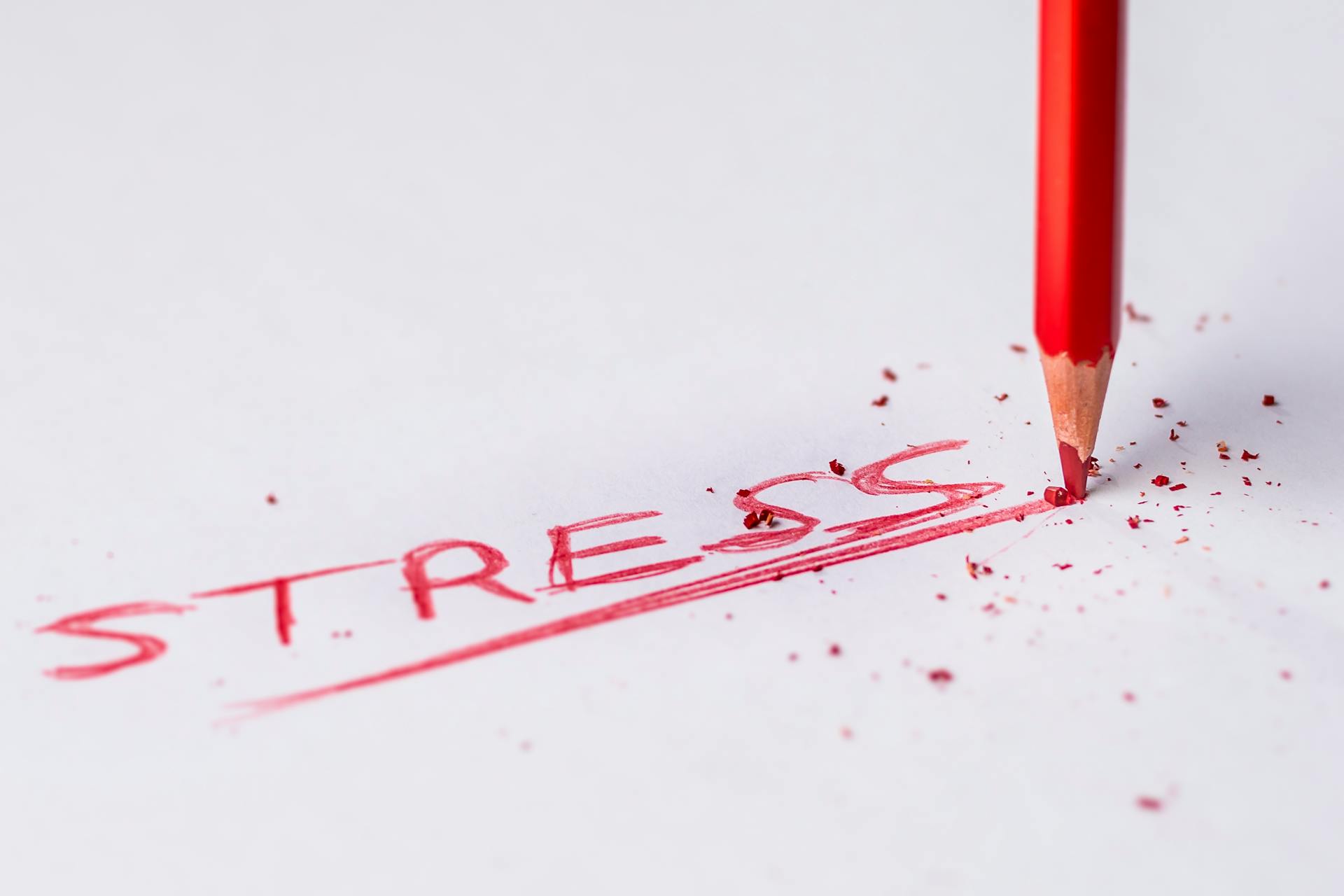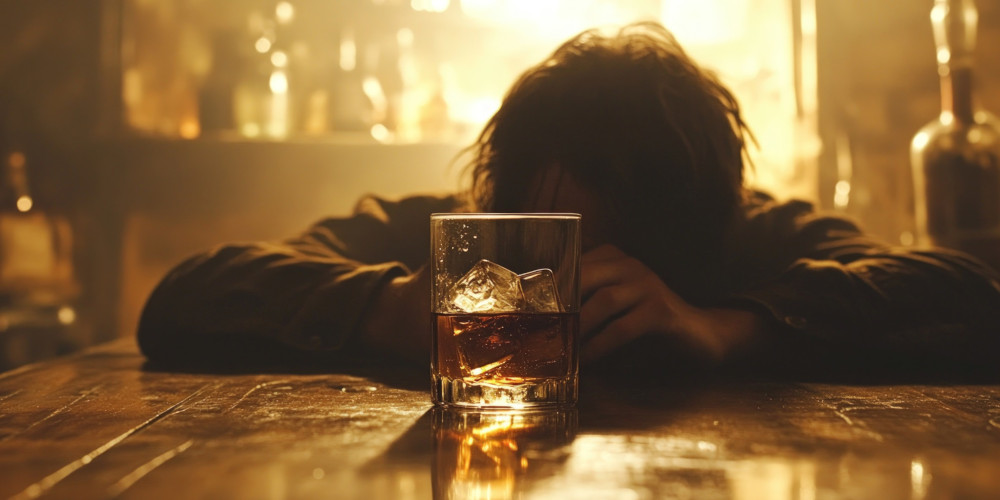Can Alcoholic Beverages Elevate Blood Pressure?
Excessive consumption of alcoholic drinks can indeed raise blood pressure levels; alcohol and blood pressure go hand-in-hand. When one consumes too much alcohol, it can lead to increased pressure on blood vessel walls. This effect may be temporary after a single stint of heavy drinking, but regular overconsumption can result in long-term blood pressure elevation.
Alcohol affects the body in several ways that contribute to higher blood pressure:
- It acts as a vasodilator, widening blood vessels
- It stimulates stress hormone release
- It can interfere with calcium levels in the body
The NHS defines excessive drinking as:
- More than 4 drinks in 2 hours for women
- More than 5 drinks in 2 hours for men
Moderate drinking, which may have less impact on blood pressure, is considered:
- Up to 1 drink daily for women
- Up to 2 drinks daily for men
Can Alcohol Lower Blood Pressure?
While alcohol is often associated with raising blood pressure, it can sometimes have the opposite effect. Alcohol acts as a depressant on the central nervous system, which can slow heart rate and potentially lower blood pressure in some cases.
Excessive alcohol intake may cause a sudden drop in blood pressure, leading to:
- Dizziness
- Fainting
- Shock (in severe cases)
It’s important to note that these effects can be dangerous, especially for those with pre-existing health conditions. The relationship between alcohol and blood pressure is complex, and individual responses may vary. Consulting a healthcare professional for personalised advice is always recommended.
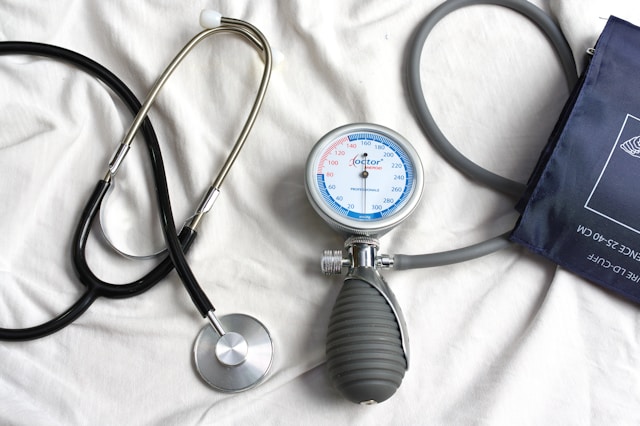
How Much Alcohol Affects Blood Pressure
The impact of alcohol on blood pressure varies among individuals. Factors like age, health status, and genetics influence this relationship. Even moderate drinking can alter blood pressure levels.
For men, health experts suggest no more than two standard drinks daily. Women should limit their intake to one drink per day. A standard drink typically refers to:
- 355 ml of beer (5% alcohol)
- 150 ml of wine (12% alcohol)
- 45 ml of spirits (40% alcohol)
Research shows different effects based on alcohol amounts consumed:
- Low amounts:
- Minimal impact on blood pressure
- Slight increase in heart rate within 6 hours
- Medium amounts:
- Decreased blood pressure within 6 hours
- Increased heart rate within 6 hours
- Limited evidence of effects beyond 6 hours
- High amounts:
- Decreased blood pressure for up to 12 hours
- Increased blood pressure after 12 hours
- Significant heart rate increase for at least 24 hours
It’s worth noting that alcohol’s effect on blood pressure changes over time. Initially, it may lower blood pressure, but after 12 hours, it can cause an increase. Heart rate consistently rises after alcohol consumption.
Binge drinking can lead to short-term spikes in blood pressure. Repeated binge drinking may result in long-term blood pressure increases.
For those managing hypertension, it’s crucial to limit alcohol intake. Excessive consumption can worsen high blood pressure and interfere with medications.
While some studies suggest the potential benefits of moderate red wine consumption, these findings remain controversial. It’s always best to consult a healthcare provider for personalised advice on alcohol consumption and blood pressure management.
Who Faces Greater Risks from Alcohol’s Impact on Blood Pressure?
Certain groups are more vulnerable to alcohol’s effects on blood pressure. Those with a history of hypertension or currently taking blood pressure medication should exercise caution. People with other health issues may also be at higher risk. Heavy drinkers and those who binge drink are particularly susceptible to negative impacts on their blood pressure levels.
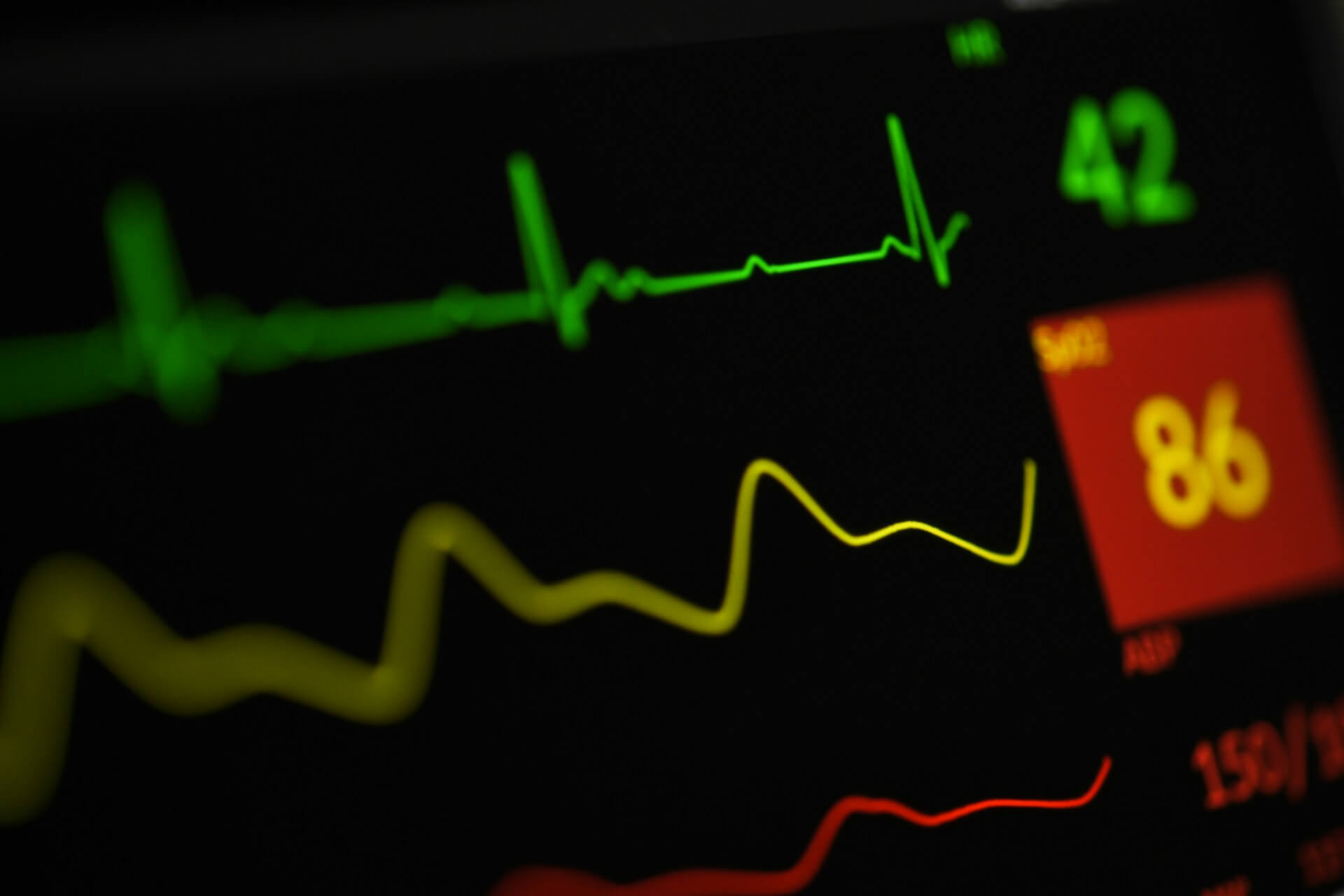 Individuals with a hypertension history
Individuals with a hypertension history- Those on blood pressure medication
- People with underlying health conditions
- Heavy drinkers
- Binge drinkers
Signs of Alcohol’s Impact on Blood Pressure
Alcohol consumption can affect blood pressure in various ways. People might notice several indicators that suggest their blood pressure is being influenced by alcohol intake.
Common signs include:
• Persistent headaches, particularly after drinking • Feelings of dizziness or light-headedness • A noticeably flushed or reddened face • Unusual tiredness or weakness • A rapid heartbeat
These symptoms may occur due to alcohol’s effects on blood vessels and the cardiovascular system. For instance, alcohol can cause blood vessels to dilate, leading to facial flushing. It may also temporarily increase heart rate and alter blood pressure levels.
It’s important to note that these signs could indicate either high or low blood pressure. If someone experiences these symptoms regularly after consuming alcohol, it would be prudent to seek advice from a healthcare professional for proper assessment and guidance.
Recognising and Addressing Alcohol Dependency
Excessive alcohol consumption can lead to serious health issues and addiction. Signs of alcohol use disorder include:
- Inability to control drinking
- Neglecting responsibilities
- Experiencing withdrawal symptoms from alcohol
It’s crucial to seek professional help if these signs are present. A tailored rehab treatment plan may involve:
• Counselling • Support groups • Medical supervision
Reaching out to healthcare experts is an important step towards recovery. With proper support, individuals can overcome alcohol dependency and improve their overall well-being.
Common Questions About Alcohol and Blood Pressure
Which alcoholic drinks should people with high blood pressure avoid?
People with high blood pressure should be cautious with all types of alcohol. Binge drinking can cause short-term spikes in blood pressure. It’s best to avoid:
- Spirits with high alcohol content
- Cocktails with added sugars
- Large quantities of any alcoholic beverage
Are certain alcoholic drinks safer for those with hypertension?
No alcoholic drink is truly ‘safe’ for people with high blood pressure. However, some may have less impact: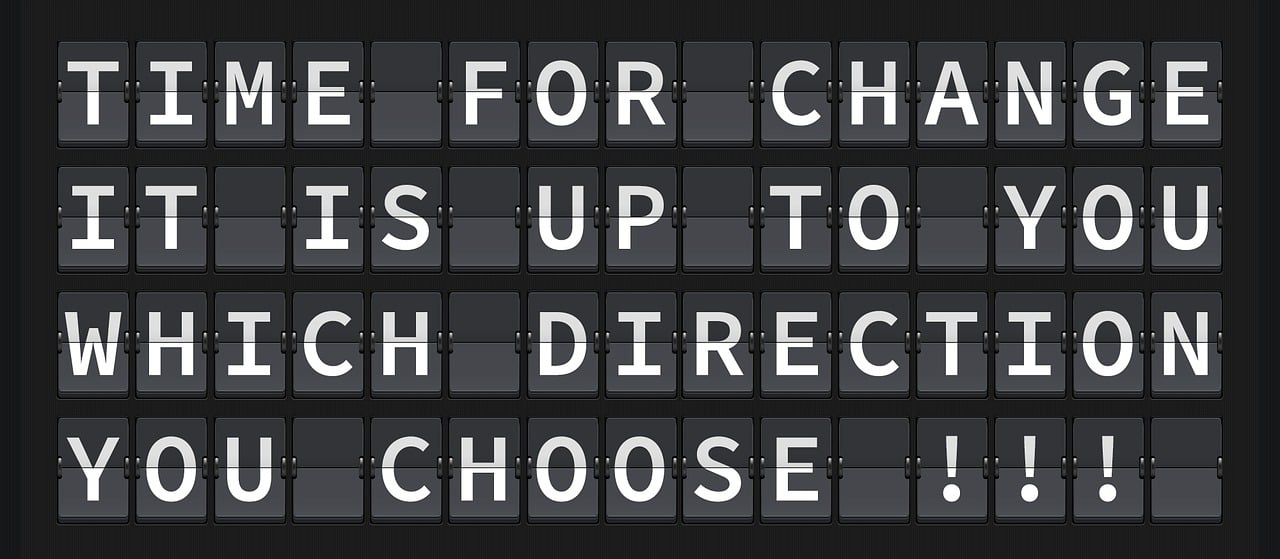
- Red wine (in moderation)
- Light beers
- Drinks diluted with water or low-calorie mixers
Always consult a doctor for personalised advice.
How does drinking alcohol affect blood pressure the next day?
Alcohol’s effects on blood pressure can persist into the following day:
- Dehydration may cause elevated blood pressure
- Disrupted sleep patterns can affect blood pressure regulation
- Alcohol’s diuretic effect may lead to electrolyte imbalances
Can stopping alcohol consumption lower blood pressure?
Yes, abstaining from alcohol can lead to blood pressure reduction. Benefits include:
- Improved heart health
- Better weight management
- Enhanced overall cardiovascular function
What is the link between regular alcohol intake and hypertension?
Regular alcohol consumption is strongly linked to hypertension:
- It can raise blood pressure over time
- Long-term heavy drinking may cause persistent high blood pressure
- It may interfere with blood pressure medications
How long does it take for blood pressure to normalise after quitting alcohol?
The timeline for blood pressure normalisation varies:
- Short-term effects may subside within days
- Long-term improvements can occur over weeks to months
- Individual factors like overall health and previous drinking habits affect recovery time
Regular blood pressure monitoring is crucial during this period.
